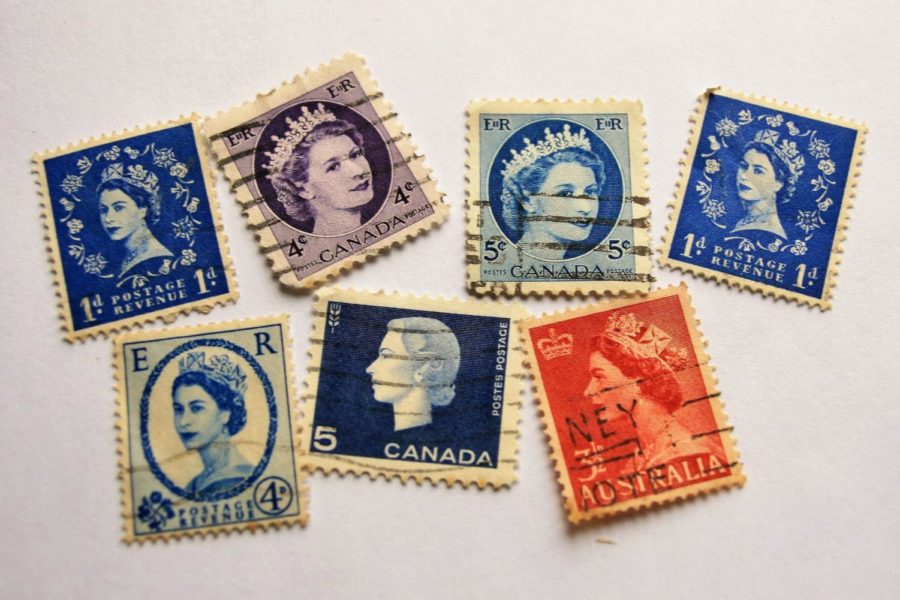Changing of the Guard: Mourning the Queen
September 13, 2022
Five days ago, on September 8, 2022, Britain lost Queen Elizabeth II. After a reign of more than 70 years, the longest in British history, she passed away peacefully at Balmoral Castle, her summer residence in Scotland.
Back in 1952, when the queen ascended the throne, she was the face of the British Empire, which still existed at that point. Later, as a symbol of the Commonwealth, ruling over a multicultural Britain, she became perhaps one of the most-beloved public figures of the past century.
Queen Elizabeth was never a stranger to the press and public eye. Being the daughter of George VI, a younger son who unexpectedly became king, brought her into the spotlight at the age of 10, when she became heiress apparent to the throne. The publicity did not let up when Princess Elizabeth married Prince Philip of Greece and Denmark at the age of 21. Five years after her marriage, her father passed away, and she became Queen Elizabeth II. Her husband held the title of Prince Philip, Duke of Edinburgh.
During her reign, Queen Elizabeth met 13 out of 14 U.S Presidents, 12 Canadian prime ministers, and of course all 15 British prime ministers who served under her. Her prime ministers ran from Winston Churchill (his second term) all the way to Liz Truss, who she appointed as prime minister only two days before her death.
The Queen was not a stranger to controversy. Whether it was the coal strikes of the 1980s under Margaret Thatcher or Boris Johnson’s recent response to COVID-19, the politics of the day always seemed to come back to her, even though the modern monarch has almost no role in setting policy for the nation. On a personal level, the tragic death of Princess Diana (her ex-daughter-in-law), the sexual abuse claims against Prince Andrew (her son), and the racism that Meghan Markel faced when she married Prince Harry (her grandson) were just a few of the chaotic events in the queen’s later reign.
As Britain begins its period of mourning, there are many things to be done. Bank notes with the Queen’s face must be replaced, Parliament must swear its allegiance to King Charles III, and documents must be revised to reflect that he is the head of state in the United Kingdom and a number of other places (Canada, for example). Moreover, as nations establish King Charles III as their new head of state, conversations about the monarchy have resurfaced. Although 62% of the United Kingdom supports the monarchy in a recent YouGov poll, the percentage of monarchists has been decreasing over the years, with a significant number of younger British people supporting the abolition of the Crown altogether.
While the change in rulers will cause ripples around the world, we can know one thing for certain: Queen Elizabeth, the longest-serving monarch in British history, has left an unmistakable mark on her country and on the world.
